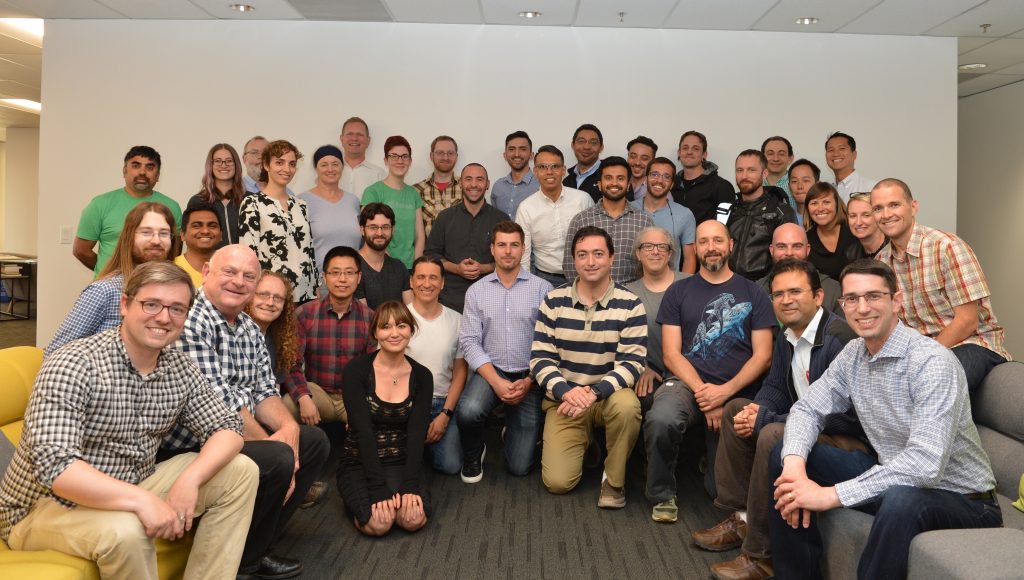The tech world is in a perpetual state of evolution, with advancements in artificial intelligence (AI) and machine learning (ML) shaping the future of how businesses operate. In 2018, Microsoft made a significant move by acquiring Bonsai, a Berkeley-based AI startup specializing in reinforcement learning. This acquisition not only signifies Microsoft’s commitment to enhancing its AI capabilities but also sheds light on the broader shifts in the tech landscape aimed at democratizing AI technologies.
The Power of Reinforcement Learning
At the core of Bonsai’s value proposition is its innovative use of reinforcement learning, a methodology that mimics the trial-and-error learning process inherent in human cognition. This approach enables autonomous systems to develop their own capabilities within a controlled environment. By simulating various scenarios, these systems can learn to optimize performance and adapt to specific tasks more efficiently than traditional programming allows.
Microsoft’s intent to integrate Bonsai’s technology into its Azure cloud platform reflects a strategic move to bolster AI accessibility for developers across diverse skill levels. As noted by Microsoft Corporate VP Gurdeep Pall, the goal is to eliminate the barriers to development and empower every developer to harness the potential of AI.
A Collaborative Ecosystem
The acquisition of Bonsai is not an isolated event. Microsoft joined hands with other tech giants like ABB, Samsung, and Siemens to support Bonsai’s growth, which culminated in the company raising a total of $13.6 million. Such collaborations illustrate a collective recognition of the need for robust AI solutions in various industries, paving the way for innovative applications ranging from smart manufacturing to autonomous vehicles.
Empowering Developers Worldwide
One of the most exciting prospects arising from Microsoft’s acquisition of Bonsai is the potential to empower enterprise developers on a global scale. The tools and technologies that emerge from this union could lead to the development of what Bonsai co-founder and CEO Mark Hammond describes as “BRAINs”—intelligent systems capable of performing complex tasks autonomously.
- Enhanced Productivity: By leveraging Bonsai’s technology, developers can automate processes that require high levels of expertise without necessarily being AI specialists.
- Broader Accessibility: A simplified development environment will allow more organizations to integrate AI solutions, democratizing access to these advanced technologies.
- Innovative Solutions: Industries can expect new applications that challenge conventional practices, resulting in improved efficiency and novel products.
Conclusion: A Step Towards a Smarter Future
The acquisition of Bonsai marks a pivotal moment in Microsoft’s AI strategy, emphasizing the significance of reinforcement learning and its transformative potential. As tech companies continue to navigate the complexities of AI and ML, collaborations like these will likely cultivate a new generation of intelligent systems, ultimately reshaping industries and enhancing everyday life.
As we look to the future, it’s clear that Microsoft is not just acquiring technology but investing in a vision that aims to make AI ubiquitous and beneficial for all, thereby unlocking significant opportunities across various sectors. At fxis.ai, we believe that such advancements are crucial for the future of AI, as they enable more comprehensive and effective solutions. Our team is continually exploring new methodologies to push the envelope in artificial intelligence, ensuring that our clients benefit from the latest technological innovations.
For more insights, updates, or to collaborate on AI development projects, stay connected with fxis.ai.

